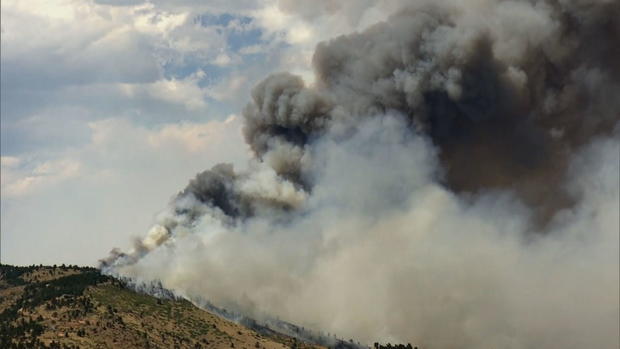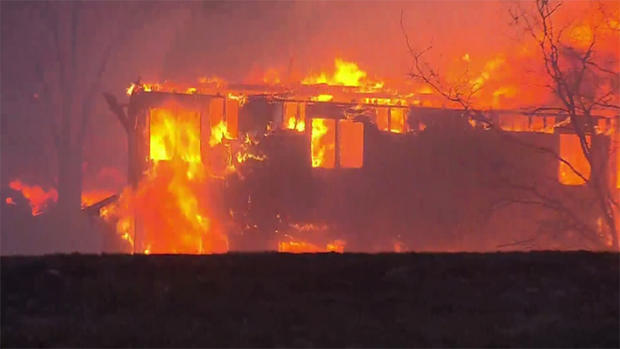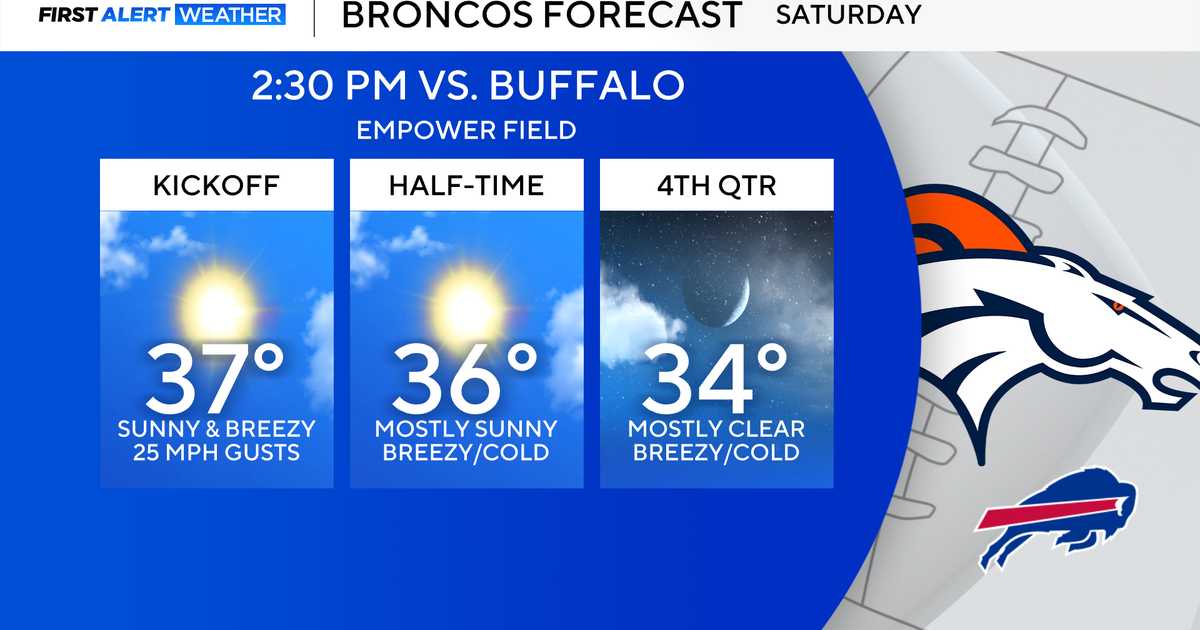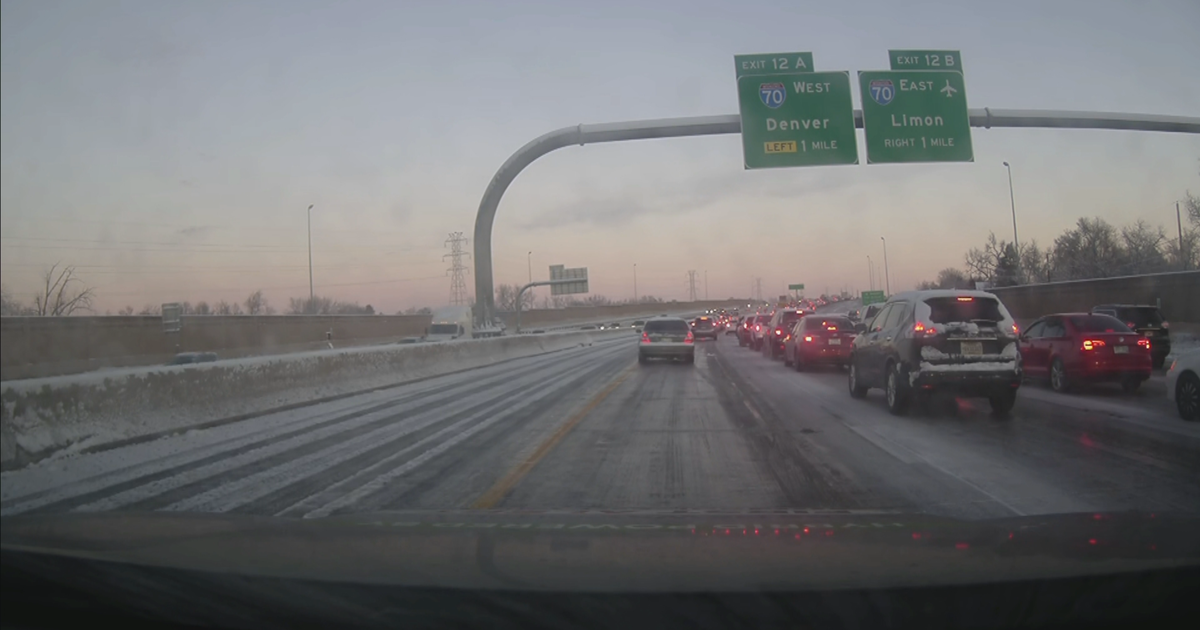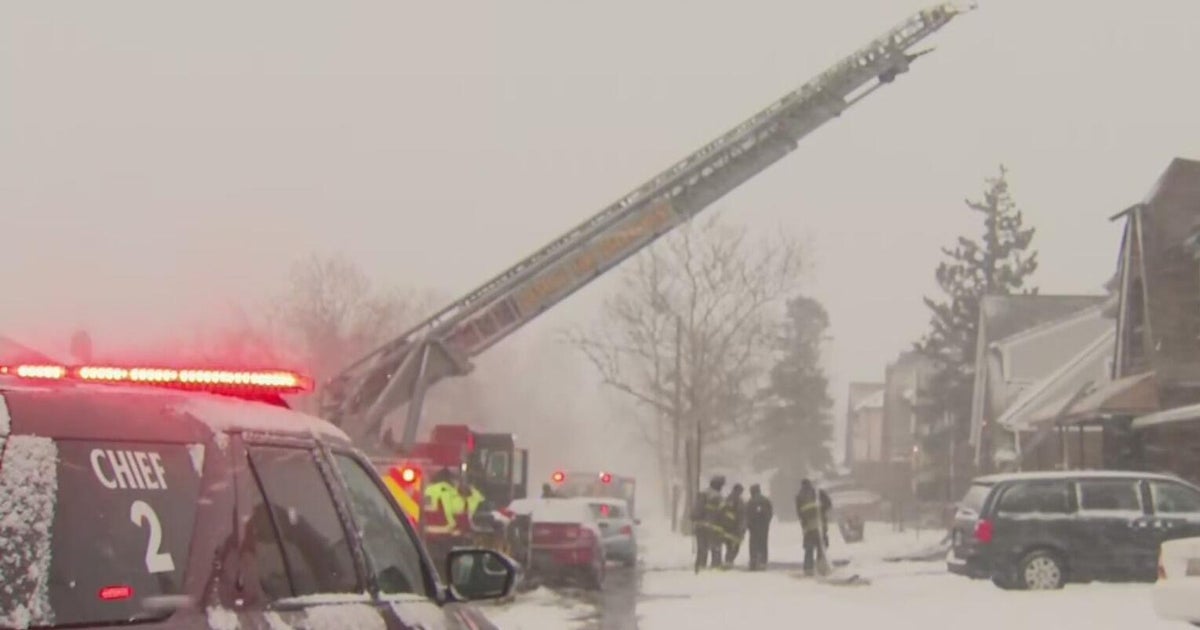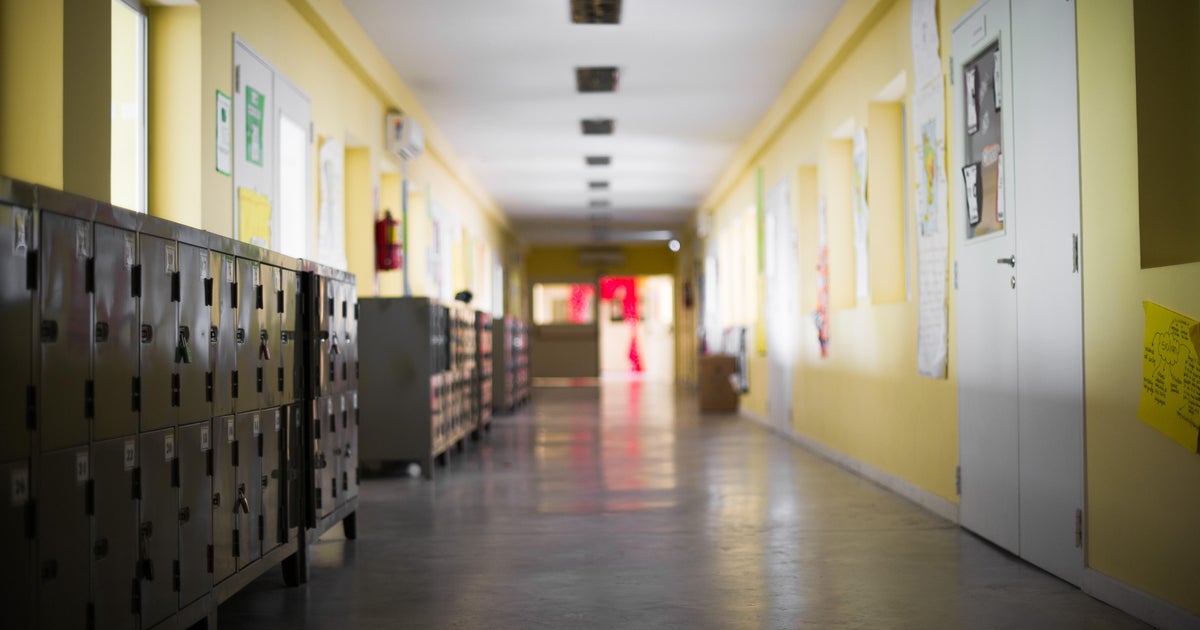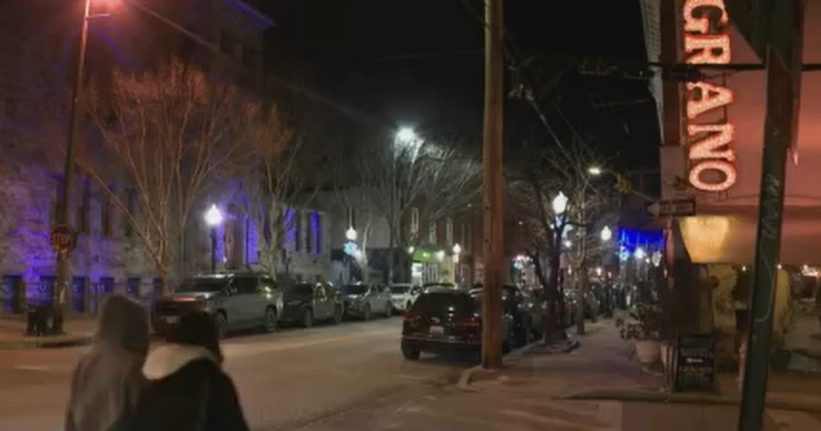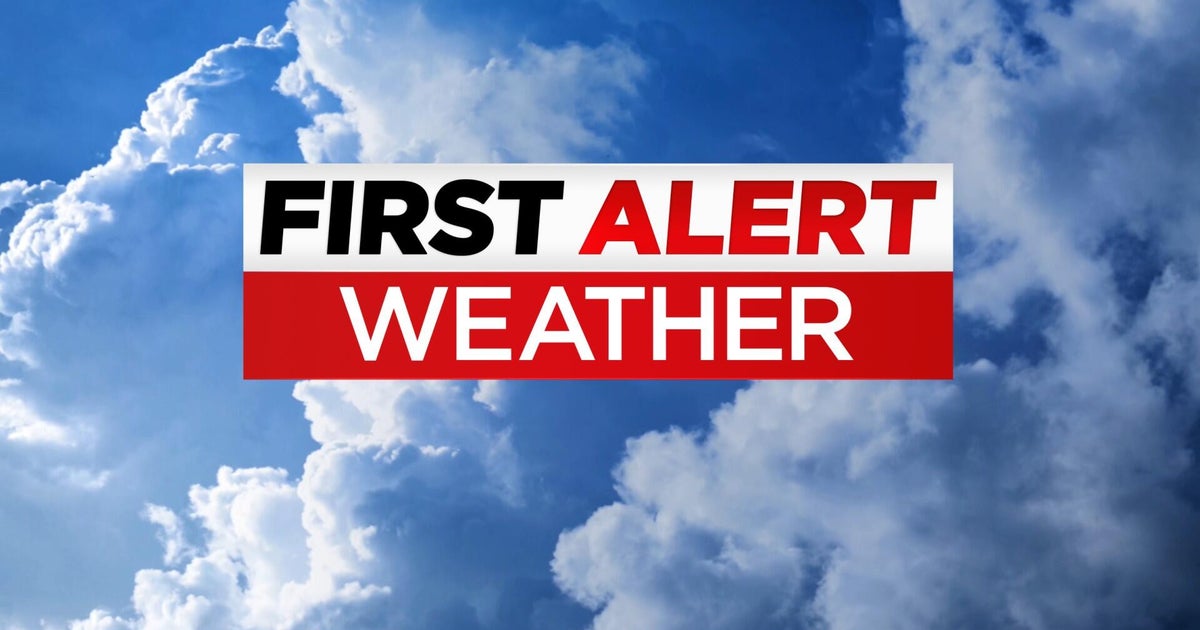Insurance costs will continue to climb as Colorado sees more extreme weather events, experts say
Colorado ranks seventh in the country for above-average homeowners insurance costs, according to an analysis of data from Bankrate, and extreme weather like the wildfires Colorado's front range has experienced this week will lead to an increase in insurance premium costs across the state, even in more urban areas that remain untouched by wildfire flames.
"Unfortunately, as we see these fires burn across Colorado, that's what insurance companies are looking at in more real-time," says Carole Walker with the Rocky Mountain Insurance Association.
Walker says while this week's wildfires may not cause an immediately noticeable increase, it's inevitable that premiums will go up over time.
"We are in a very challenging situation in Colorado. We're ranked second in the nation for health insurance claims, and third for the amount of wildfire risk. So as we're seeing insurance companies not just respond to escalating catastrophe and risk, we also have market conditions that we have the hardest market for insurance that we've had in a generation."
In fact, according to a study just released by the National Bureau of Economic Research, insurance premiums have already increased by 33% nationwide due to extreme weather events caused by climate change over the last three years, and over the next 10 years, climate-exposed households are expected to face a $700 increase in annual insurance premiums.
These increases are also happening in areas where there haven't been wildfires.
In Arapahoe County, homeowners saw an insurance premium cost increase of 25% since 2020, according to the study.
The study also found that in Adams County, there has been an insurance premium cost increase of 21% since 2020, and in Denver County, that cost increase was 33%.
"Insurance is one of those things that was underpriced for a long time because you didn't use it very much," Walker explained. "The average homeowner would file a claim once every eight years, but because we are seeing this volatile catastrophe and wildfire risk, then with the perfect storm, with these market conditions, the cost of everything insurance is paying for is going up in price. Unfortunately, insurance premiums have to adjust to that. So for many people, unfortunately, they are seeing these double digit increases."
As Your Investigator Brian Maass and Your Reporter in the Mountains Spencer Wilson have reported this year, some Colorado communities are losing insurance coverage altogether.
"I'm certainly a believer in climate change and the impact it's having," said Bob Hunter, a resident in Arvada, whose HOA lost insurance due to rising costs in Colorado. "We went through 20 insurance companies and in actuality got back one quote."
Some insurance companies are dropping certain residents in certain areas, because they are losing too much money, and are unable to turn profits due to a hike in extreme weather events.
"Unfortunately, those days of not paying attention to your insurance premium, budgeting for that, knowing that those trends are forcing our rates up, those days are gone, that's something that we have to think about now when we're budgeting, and think about, unfortunately, paying more," explained Walker.
So, what can we do about it? Are there any solutions that exist?
Walker points to wildfire mitigation as a critical factor for a long-term solution.
"The insurance industry is at the table trying to figure out what are some affordability and availability of insurance solutions for this challenging marketplace. One thing that we really have to keep our eye on the ball is mitigation, so while we're looking at insurance solutions, the real solution long term that we need to be looking at is how do we reduce the risk? How do we make our communities safer, homeowners safer, and at the same time more insurable?" Walker said. "These conversations have become very, very serious of how do we bring down that risk and how do we keep people in their insurance, in their homes, and that we all understand that there is a responsibility for living in high-risk areas, and that's something that we very much want to help make people safer and make people more insurable."
A bill passed in this year's legislative session requires the state's Division of Insurance to conduct a market study into increasing costs and canceled policies and potential solutions recommendations.
The results of that study are required to be released publicly by January 2026.
In the meantime, Walker advises every homeowner to take a moment to do a homeowner's insurance policy checkup.
"If you're lucky enough not to be in the path of these fires... that is a wakeup call to everyone that the unthinkable can happen and can happen in an instant," Walker said. "As you're seeing your premiums go up, at the same time, don't cut corners on your insurance, because the last thing you want is then when you go to file a claim, it's too late. You need to think about doing an annual insurance checkup with your insurance professional- What are my limits? What are my deductibles, what do I have for building code upgrades? These are all questions that you don't want to ask after the unthinkable happens."
